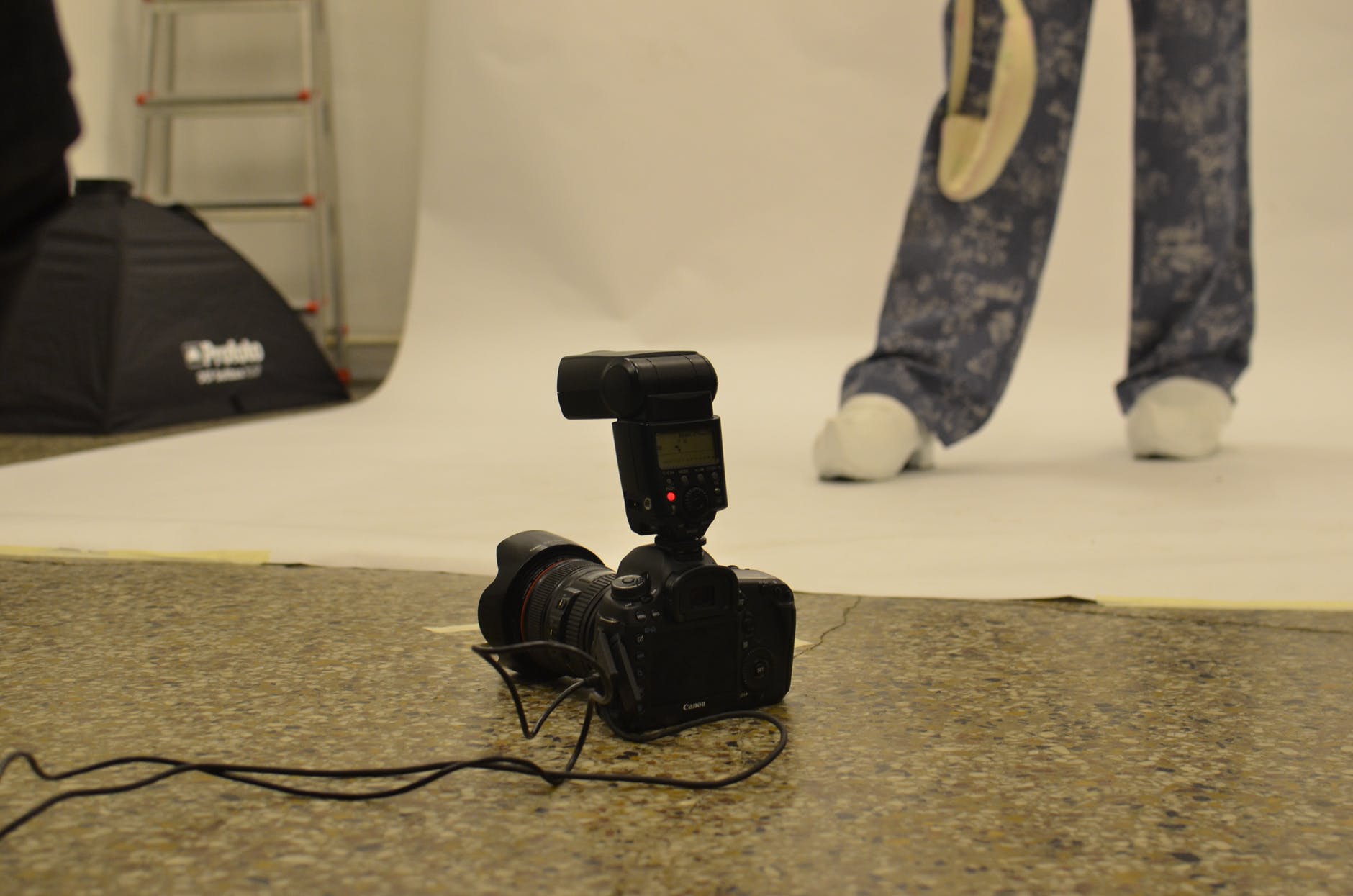Many of us are familiar with the saying “Winners never quit and quitters never win.” But according to business writer Seth Godin, author of the bestselling book “The Dip: A Little Book That Tells You When To Quit (And When To Stick)”, winners DO quit and quitters DO win. “Winners quit all the time,” he writes. “They just quit the right stuff at the right time.”
MindNation’s WellBeing Coaches can help if you are feeling “stuck” and need help achieving your goals. Book an online session with them now on FB Messenger bit.ly/mn-chat or email [email protected].
The Dip and The Cul-de-Sac
“Every new project (or job, or hobby, or company) starts out exciting and fun,” Seth writes. “Then it gets harder and less fun, until it hits a low point–really hard, and not much fun at all. And then you find yourself asking if the goal is even worth the hassle.”
This low point can be one of two things:
- The “Dip,” which is the point where something you’ve started is no longer fun, becomes difficult, and most people give up.
- A “Cul-de-Sac,” a dead end, where despite all your efforts nothing happens.
According to Seth, what sets superstars apart from everyone else is their ability to tell the two apart. Winners see the Dip as a barrier, a temporary setback that will get better if they keep pushing.
He cites a well-reported study which found that salespersons usually give up and move on after the fifth contact with the prospect, because they think they are wasting their time and the prospect’s. Five times is the Dip. But according to the same study, 80% of customers buy on the seventh attempt to close the sale! If the salesperson had stuck it out and pushed on, they would have found success.
On the other hand, those who recognize that they are in a Cul-de-Sac and have the guts to quit early have the benefit of freeing up time and space to reinvest their energies on something more worthwhile.
“In both cases, it’s about being the best in the world. About getting through the hard stuff and coming out on the other side,” states Seth.
He advises that people need to figure out first if they are in a Dip that is worthy of their time, effort, and talents. “If you are, the dip will inspire you to hang tough. If not, it will help you find the courage to quit, so you can be number one at something else.”
So how do you know if you’re in Dip or a Cul-de-Sac? Seth offers the following suggestions in an interview with author Josh Kaufman.
When to grit and when to quit

1. Find your why. “If you are showing up at work or training everyday just because you showed up yesterday, or if you are showing up because you believe that showing up is the only way to support your family, then you’re making a mistake.”
2. Ask yourself — “‘Is there a dip on the horizon? Can you see it coming?’ ‘Have other people you’ve worked with found that spot?’ If yes, you have to stick it out because your turn will come.”
3. Lastly, is the task getting more difficult? “If all you’re measuring is that you didn’t get fired, or your job reviews are better than average, and the company is not going not going out of business, that’s probably a dead end right there. There’s no dip coming, there’s no breakthrough, there’s no chance you’re going to be able to embrace the dip, push through it, and come out the other end exceptional.”
And if you’ve found yourself in an honest-to-goodness Cul-de-Sac, Seth advocates quitting. “Strategic quitting is a conscious decision you make based on the choices that are available to you. If you realize you’re at a dead end compared with what you could be investing in, quitting is not only a reasonable choice, it’s a smart one. Quitting is better than coping, because quitting frees you up to excel at something else.”
“Quitting is better than coping, because quitting frees you up to excel at something else.”
–Seth Grodin
That being said, Seth cautions that encountering a Cul-de-Sac does not mean you have to quit RIGHT NOW. If you really need the income, don’t leave your job just yet, but do ACT like you’ve quit. “Live as if you have no income,” he advises. “Shop less. Don’t buy fancy coffee. Do it radically and completely until you’ve saved enough money to be able to really quit, to survive the transition, and get through the Dip.”

